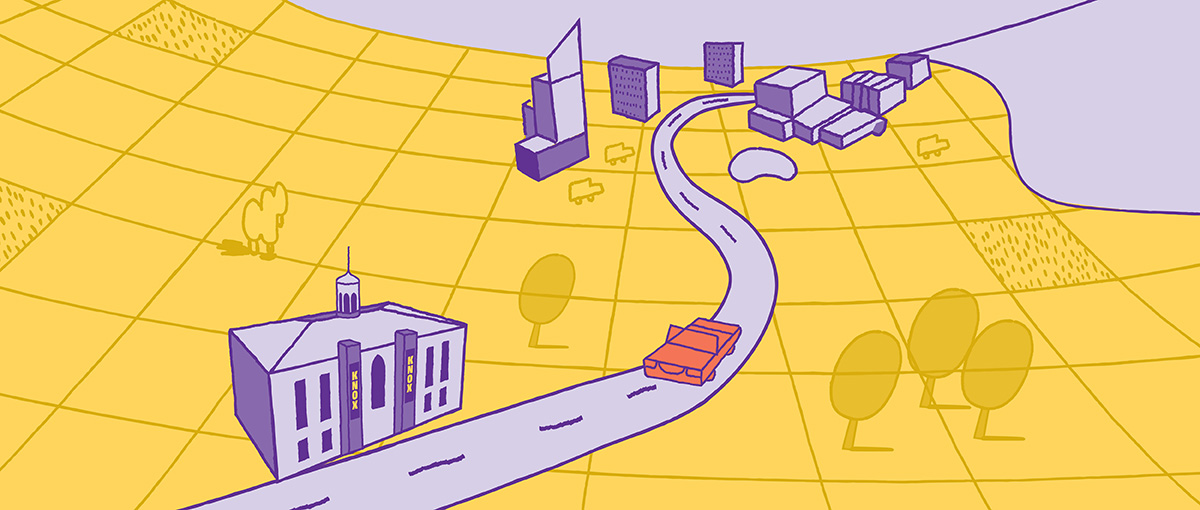

Knox College Champions Sustainable Practices with Race to Zero Waste Campaign
Knox College recently concluded its participation in the Race to Zero Waste (RTZW) campaign, showcasing a commitment to sustainable practices on campus. The program was formerly known as RecycleMania, in which Knox earned 1st place in the Food Organics category in 2018 and 2019. Knox remains involved in various initiatives to reduce waste and promote recycling and composting through RTZW.
A key focus of the program is waste diversion, which involves minimizing waste sent to landfills through recycling and source reduction activities on campus. For 10 weeks, Director of Campus Sustainability Initiatives Tina Hope and program volunteers collected data on landfill waste, conventional recycling, and organic recycling, which includes food recovered through the Food Recovery Network and what is composted at the Knox Farm. This data plays a crucial role in assessing the effectiveness of the College's waste management strategies and identifying areas for improvement.
Throughout the year, Knox collaborates closely with waste and recycling management companies, facilities staff, and composting partner BetterEarth to oversee waste disposal processes. The data collected is submitted to measure Knox's performance against other participating colleges.
These efforts helped Knox achieve a diversion rate of 31.2%, ranking 45th nationally among 80 participating colleges.
On campus, Hope coordinates with volunteers who estimate the volume in the dumpster to determine the total weight using a formula provided by RTZW leaders. This practice provides valuable insights into the types of waste generated by the community, enabling Hope to develop targeted improvement plans.
“By looking in the dumpsters three times a week for 8 weeks, we can assess the contamination in the waste streams. One of our goals is to reduce the contamination in each stream,” she said.
In addition to waste diversion, Knox is dedicated to enhancing its organic waste management practices. The Office of Sustainability collaborates with faculty throughout the academic year to organize field trips for students to witness waste operations firsthand, including visits to landfills and recycling plants. The College has also implemented signage and educational campaigns to encourage proper disposal of organic waste.
“We’ve been told that the landfill is currently the highest point in the county,” Hope said. “It’s powerful for students to see that in person.”
Knox’s sustainability practices are a major emphasis on institutional values, including the use of a community-scale composting program at the Knox Farm. Community-scale composting is open to the Knox community to participate in, with over 40 students, staff, and faculty participating. Knox is also listed in Princeton Review's Guide to Green Colleges.
Looking ahead, Hope is working with community leaders to install new waste stations made from recycled materials around campus and pilot new programs to further enhance waste management processes. She believes taking a proactive approach to waste reduction and treating waste as a resource will contribute to more sustainable and resilient practices on campus.
Published on April 19, 2024
-Mitch Prentice ’17, Office of Communications Lead Writer/Editor


